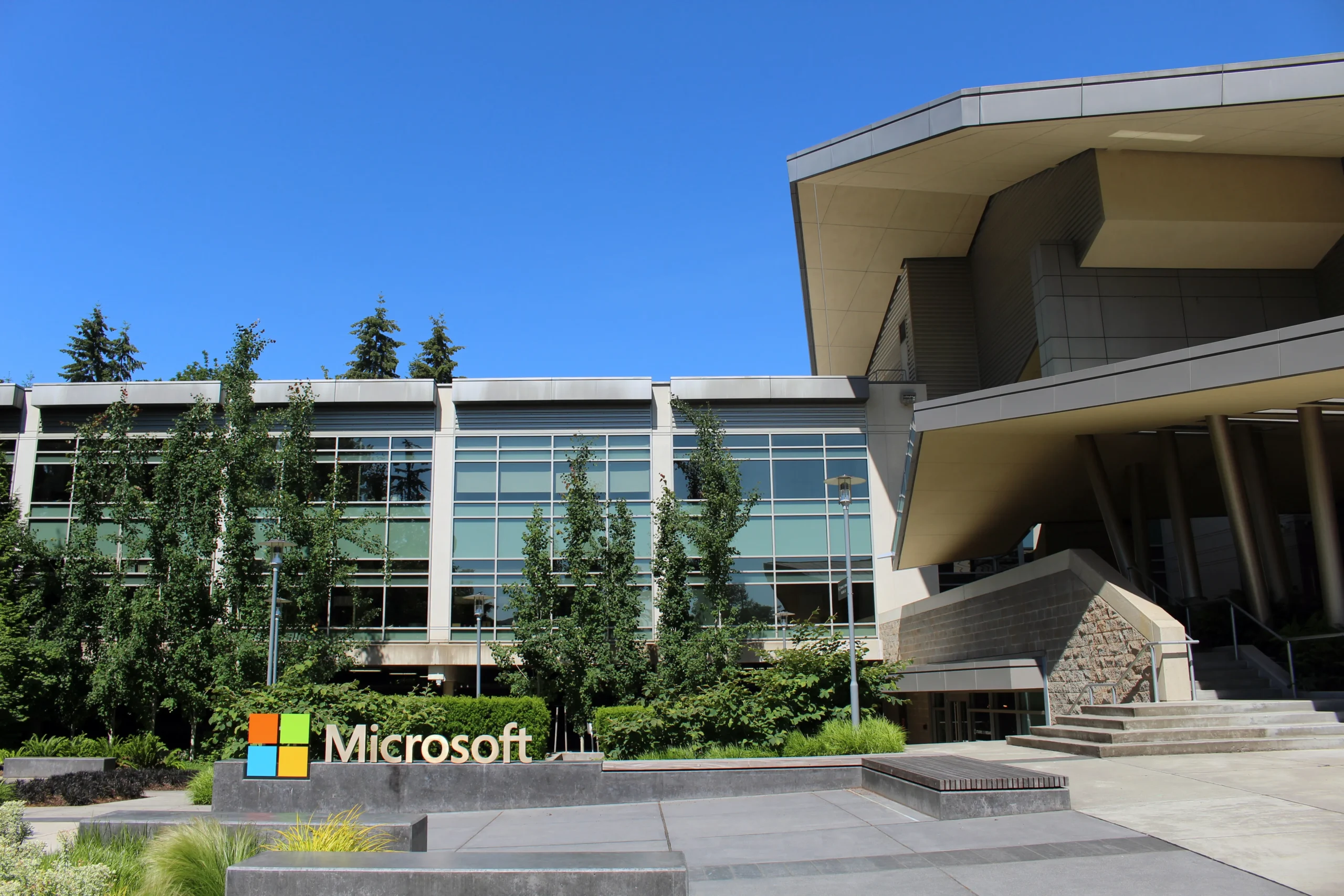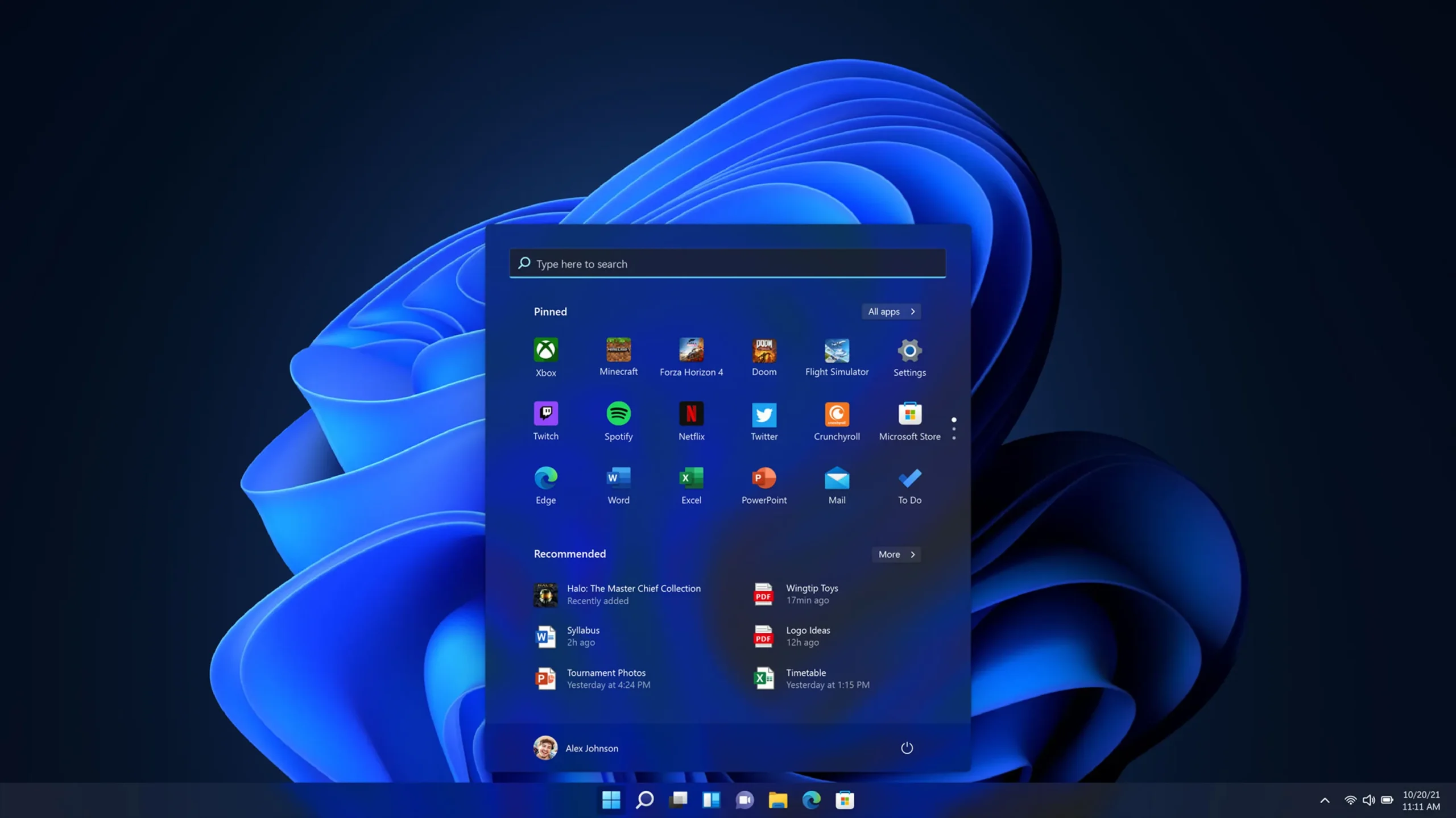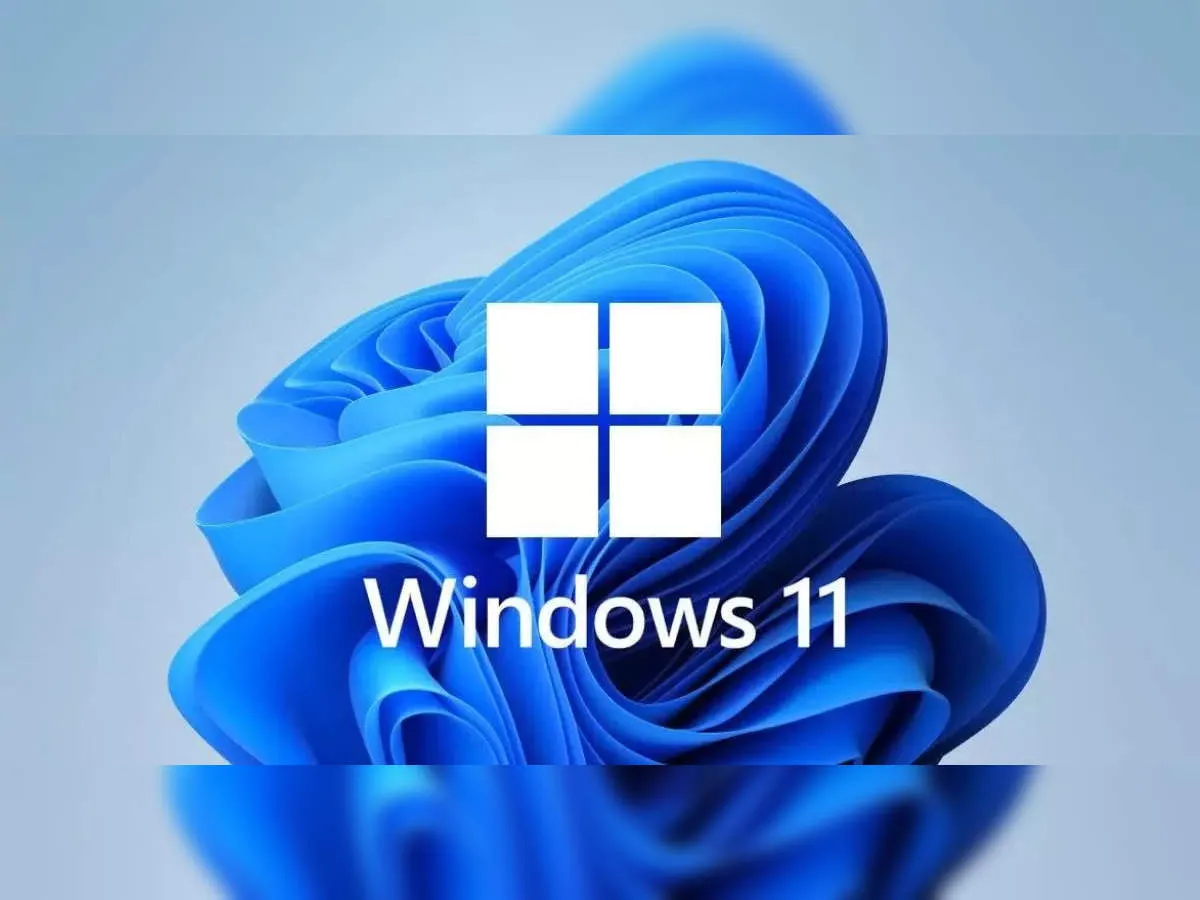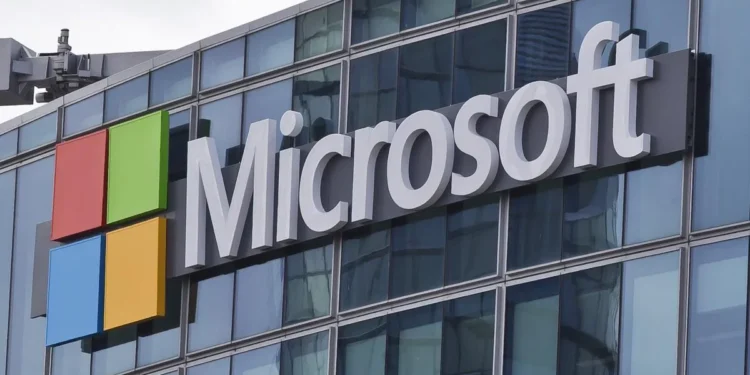After a period of silence and backlash, Microsoft is resurrecting its Recall feature, which aims to help users retrace their steps on a PC by automatically taking screenshots and recording desktop activity. First introduced at the 2024 Build Developer Conference, Recall was met with a wave of privacy concerns, but now, it’s quietly reappearing in the Windows 11 Release Preview channel for Copilot+ PCs, signaling its near readiness for a broader rollout.

The Return of Recall: What’s Changed?
Recall first made waves in May 2024 when Microsoft unveiled the feature, allowing users to revisit their previous activities on their PC by accessing a local database of screenshots and actions taken on their system. It’s an ambitious feature, allowing users to literally “replay” what they were doing at a given time, which, on the surface, could offer huge productivity benefits for those who forget important details from earlier tasks.
However, the idea of a PC quietly logging everything a user does raised serious privacy concerns. Recall was designed to take screenshots of users’ desktops every few seconds and store them in a local database, making it easy for users to search through their past actions. Microsoft proposed that AI could be used to intelligently scan through this data, offering a sort of “memory” for your computer, capable of recalling actions, websites viewed, instant messages, and more, based on search queries.
While this feature could be incredibly handy—imagine easily recalling a webpage or a specific piece of data from a few days ago—the risks were apparent. With all that data being stored, the potential for misuse was high, especially if the data were compromised.
A Privacy Nightmare?
One of the primary concerns raised by security experts and privacy advocates was the sheer amount of data Recall could potentially store. While Microsoft attempted to calm fears by stating that the AI would automatically redact sensitive information, such as passwords and financial details, this only applied to users of Microsoft’s Edge browser. This selective approach did little to quell fears that Recall could be exploited.

Researchers like Alex Hagenah quickly pointed out the vulnerability of this system. A tool called TotalRecall was developed to show how the SQLite database behind Recall could be accessed and exploited, exposing personal data despite Microsoft’s assurances.
After these security concerns, Microsoft paused the feature’s launch last June, but it wasn’t long before they quietly resumed work on Recall, tweaking the feature for a more cautious re-release.
A More Controlled Approach: Opt-In Feature and Improved Privacy
In an attempt to win back user trust, Microsoft has revamped Recall in several ways. The feature is now designed to be an opt-in functionality, which means users must actively choose to enable it. Recall will no longer be automatically activated by default, addressing some of the concerns about unsolicited data collection.
The latest update to Windows 11 Build 26100.3902, which has landed in the Release Preview channel, brings Recall to a more controlled environment. It will be available on Copilot+ PCs that feature NPUs (Neural Processing Units) to handle the demanding AI processing involved. Moreover, data collected through Recall will be encrypted and stored locally, with all snapshots requiring Windows Hello authentication to access them. Microsoft emphasized that no data will be shared with the company or third parties, a reassurance aimed at addressing earlier concerns about the feature’s privacy implications.

The release notes highlight that Recall will support major browsers such as Edge, Firefox, Opera, and Google Chrome. As of now, the feature will roll out gradually, with availability expected to begin in early 2025 in most markets, including the European Economic Area later in the year. A select number of languages, including English, Chinese, French, German, Japanese, and Spanish, will be supported at launch.
Will It Be Enough?
Despite the changes, many users may still view Recall with skepticism. The feature has been designed to put users in control, offering options to pause, delete, or even turn off the snapshots at any time. Microsoft has stressed that Recall does not share the captured data with anyone else, and any future changes to the data-sharing policy will require explicit user consent.
However, many users remain wary of such a feature, especially after the initial backlash and privacy concerns. While some may appreciate the productivity benefits of easily recalling past actions, others might see it as an unnecessary invasion of privacy, potentially leading to widespread reluctance to adopt the feature even after the changes are implemented.
Ultimately, Microsoft’s recall feature may have a place for specific users who are looking for AI-powered productivity tools, but it remains to be seen whether the company can convince the broader public that it’s a good idea in the long run.
As we await the full launch of Recall in early 2025, Microsoft will need to continue proving that it can balance innovation with user trust—especially in the age of heightened awareness around privacy and data security.










